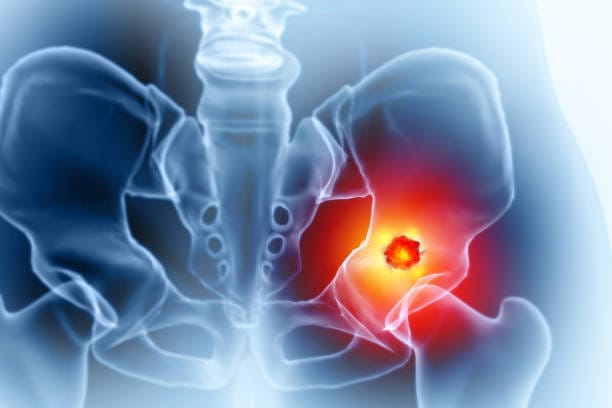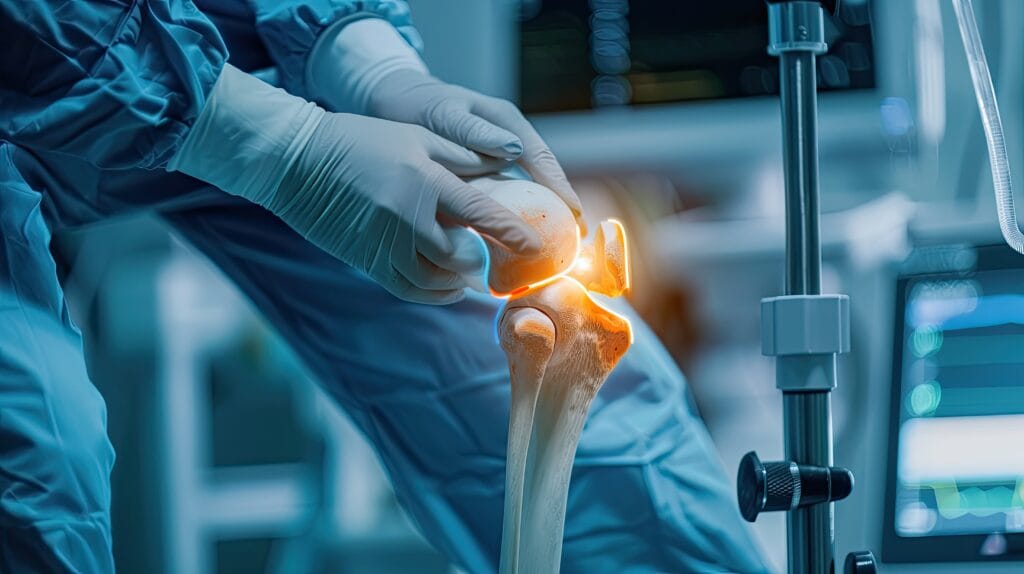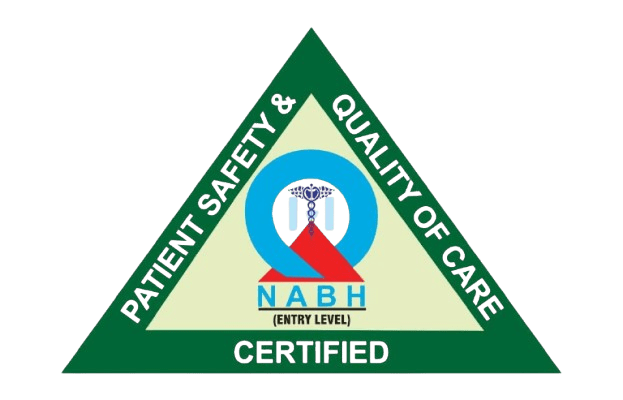Bone & Joint Infection Care at Pure Ortho Hospital

Restoring Mobility, Preventing Complications
Bone and joint infections are serious conditions that can damage joints, weaken bones, and significantly affect mobility if not treated on time. At Pure Ortho Hospital’s Bone & Joint Infection Unit, our experts specialize in early diagnosis, advanced treatment, and long-term care to restore movement and protect quality of life.

What Are Bone & Joint Infections?
Bone and joint infections occur when bacteria or other organisms invade bones (osteomyelitis) or joints (septic arthritis). These infections may develop:
- After trauma or fractures
- Following orthopedic surgeries or implant placements
- Due to diabetic complications and poor circulation
- From bloodstream infections spreading to bones or joints
Our Treatment Approach
At Pure Ortho Hospital, we combine medical expertise with advanced technology to ensure complete infection control and recovery.
Diagnosis & Evaluation:
- X-rays, and bone scans for early detection
- Laboratory & culture tests to identify bacteria/fungus
- Doppler & circulation studies for diabetic or vascular-related infections
Medical & Surgical Management
- Intravenous (IV) and oral antibiotics tailored to the infection type
- Joint aspiration to relieve pressure and collect samples
- Surgical debridement removal of infected tissue or pus
- Reconstruction and revision surgery in complex or implant-related infections
- Limb salvage procedures to prevent amputation in severe case
Book An Appointment
Our Expert Orthopedic Specialists

Dr. G. UDAY SEKHAR REDDY
MBBS,MS Ortho, MCh Ortho

Dr. V. S. ABHILASH KUMAR S
MBBS, MS (Ortho), FIJR,FISS (S.Korea, USA)

Dr. SAI KARTHIKEYA BADRI
MBBS, D. Ortho, (DNB)

DR. PUDARI MANOJ KUMAR
MBBS, MS ORTHO, FIJR, FIRJR

Dr. L. Sreeram
MPT (Ortho), FDOR, MIAP

Dr. L. SRI DHARANI
BPT, MIAP, PTOTA (CANADA)

Dr. KRANTHI KUMAR REDDY
MBBS,MD, C.Diab

Dr. Datla G S Raju
MBBS, MS (Orthopedics)

Dr. B. VISHAL
MBBS, MS (Gen. Surgery), DNB, MRCS (England), MCh (Vascular Surgery)

Dr. D RAGHUVEER REDDY
MBBS, MS (General Surgery), MCh (Plastic & Reconstructive Surgery)

Dr. B Jayanth Varma
MBBS, DIPLOMA IN ANAESTHESIOLOGY

Dr. Goutham Balachandra Reddy
MD (Anesthesiology), Fellowship in Critical Care Medicine, IAFM
Frequently Asked Questions (FAQs)
1. What causes bone and joint infections?
Infections can occur due to bacteria entering through injuries, fractures, surgical procedures, implants, or from the bloodstream, especially in patients with diabetes or weakened immunity.
2. What are the common symptoms?
Symptoms include persistent pain, swelling, warmth around the joint or bone, fever, pus discharge from surgical wounds, and difficulty moving the affected area.
3. How are bone and joint infections diagnosed?
Diagnosis involves imaging tests like X-rays, MRI, or bone scans, along with blood tests and culture analysis to identify the specific infection-causing organism.
4. Is surgery always necessary for treatment?
Not always. Mild infections may be treated with antibiotics alone. Surgery is needed in severe, chronic, or implant-related infections to remove infected tissue or repair damaged structures.
5. Can infections recur after treatment?
Yes, especially if the infection is not completely treated or in patients with underlying conditions like diabetes. Regular follow-ups and strict adherence to treatment are essential to prevent recurrence.

